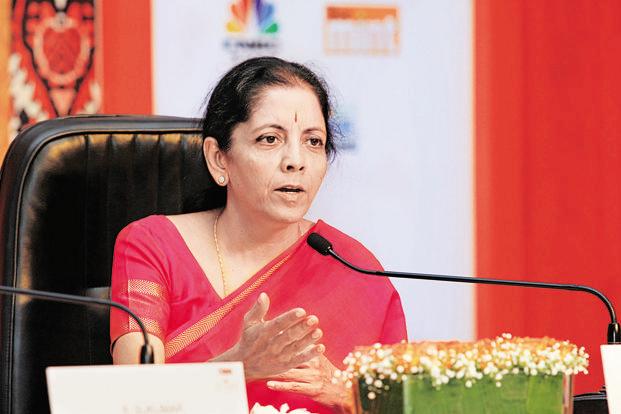New Delhi: In a move that could create further fissures between the two sides, India is planning to push for delinking the investment chapter from the proposed Bilateral Trade and Investment Agreement (BTIA) with the European Union (EU), negotiations for which remain stalled amidst the uncertainty triggered by the UK voting to leave the EU.
India wants to sign investment agreements bilaterally with individual EU member countries based on its model Bilateral Investment Treaty (BIT) draft though the EU is opposed to the idea.
Currently, the finance and commerce ministries are in talks over the modalities to be followed to delink the investment chapter from the BTIA—a long-delayed free trade agreement.
A finance ministry official said various options are being considered and a final decision is yet to be taken.
However, the official, speaking on condition of anonymity, said India would like to negotiate BITs separately with individual member countries of the EU.
“The EU has to go through a major governance reform and the Brexit has exposed its loopholes. It is very difficult to negotiate an agreement with the EU as it has many stakeholders with diverse interests,” he added.

The Indian cabinet in December last year approved the revised text of the model BIT which excluded matters relating to taxation. This would help India avoid getting dragged to courts by multinational companies over tax disputes. Multinational companies will now be required to first exhaust all domestic legal options before taking recourse to international arbitration against the government in case of a dispute. India intends to replace 83 existing Bilateral Investment Promotion and Protection Agreements (BIPAs) with the BIT through renegotiation.
In reply to a questionnaire, Cesare Onestini, acting head of a EU delegation to India, said the competence for negotiating investment agreements was transferred from EU member states to the European Union in 2009, upon the entry into force of the Treaty of Lisbon.
“The European Commission has received from EU member states a mandate to negotiate on investment with India on behalf of the European Union, in the framework of a free-trade agreement (FTA). Consequently, the replacement of the existing bilateral investment treaties between India and the EU member states can be done only through an agreement concluded by the EU with India,” he said.
However, the finance ministry official said the EU has the authority to allow member countries to negotiate treaties on their own under the Lisbon Treaty.
Ram Upendra Das, professor at the Research and Information System for Developing Countries, said the trade in goods, services and investment should not be treated in silos and negotiations should be completed as a single undertaking. “The full impact of economic cooperation between two sides can be optimised only when interlinkages across trade in goods, services and investment are strengthened. Alternatively, India can seek to follow a tiered approach in its commitment in the investment chapter with various members of the EU—like it has done with the Asean (Association of Southeast Asian Nations) member countries in goods,” he said.
Negotiations on the India-EU free trade agreement started back in 2007, with 16 rounds of negotiations held since then. The last round was held in 2013, after which negotiations were suspended. Post Britain deciding to leave the EU following a ‘Brexit’ referendum on 23 June, India’s commerce ministry officials have said that the India-EU trade negotiations need to be “recalibrated” including changes in tariff offers.
Chief trade negotiators met for the first time post-Brexit on 15 July in New Delhi to assess each other’s positions. In a statement after the meeting, the commerce ministry said negotiating positions were established on a few pillars that are critical components of the BTIA.
“The language of Indian negotiations reflected the concerns of Indian industries in some sectors and expressed willingness to address outstanding issues as an integral part of the negotiations. India is committed to proceed with the negotiations with a hope to conclude the FTA as early as possible,” it added.
Asked what impact the Brexit was likely to have on future BTIA negotiations, Onestini said: “From a legal point of view, the outcome of the referendum has not changed anything for the time being. The UK remains a member of the EU with all rights and obligations of a member state until the terms of its exit are agreed. EU law—including EU trade agreements—continue to apply in full to the UK and in the UK until it is no longer a member.”
Onestini said though both sides are committed to resuming formal negotiations and concluding the agreement as soon as possible, “it is not possible to announce dates for the resumption (of negotiations) yet”.
Meanwhile, the UK has made its own move to launch negotiations for a free trade pact with India post Brexit.
Before the cabinet reshuffle in the UK, its then secretary of state for business, innovation and skills Sajid Javid visited India and called on trade minister Nirmala Sitharaman on 8 July.
Both sides agreed to start discussions at the chief negotiators’ level for an India-UK FTA.